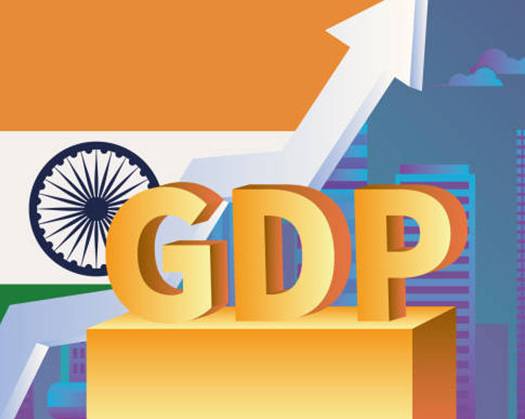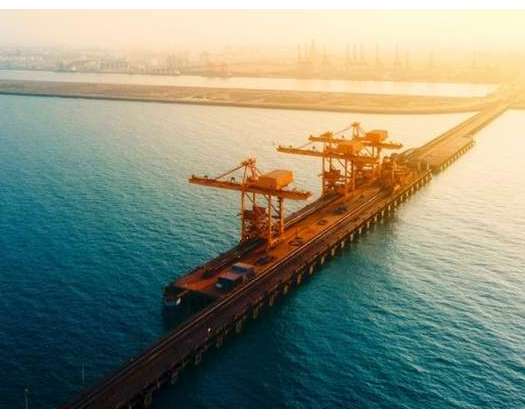New Delhi: In January 2025, GST collections demonstrated strong double-digit growth, with gross collections rising by 12.3 percent and net collections increasing by 10.9 percent. This marks a significant improvement compared to the more modest growth rates of 7.3 percent and 3.3 percent recorded in December 2024, as reported by the NCAER monthly review.
The Purchasing Managers' Index (PMI) for manufacturing rose to 57.7 in January, indicating expansion, while the PMI for services remained robust at 56.5.
Dr. Poonam Gupta, Director General of NCAER, noted that the easing of inflation, with the headline rate at 4.3 percent, has created additional policy flexibility. She also highlighted the resilience of the agriculture sector, which is promising for both inflation management and rural economic support.
As of February 4, Rabi sowing for the 2024-25 season reached 104 percent of the typical sown area, with rice and pulses sown at 101.2 percent and 100.3 percent of the normal area, respectively.
However, the growth rate of bank credit remained low at 11.2 percent in December 2024, a decline from 20.2 percent in December 2023. Additionally, credit to non-banking financial companies (NBFCs) slowed from 15 percent in December 2023 to 6.7 percent in December 2024.
Dr. Gupta remarked that the sluggish growth in credit from NBFCs, which are vital for consumer financing and support for the SME sector, could negatively impact overall economic growth.
In this context, she expressed support for the recent reinstatement of risk weights on Scheduled Commercial Banks' exposures to NBFCs.
Dr. Gupta also pointed out the need to monitor the ongoing outflow of Foreign Institutional Investor (FII) funds. "Research indicates that FII flows are influenced more by external factors than domestic conditions, making them quite volatile. The current trend of FII outflows from India reflects a global pattern, affecting many emerging markets," she stated.
Dr. Gupta emphasized that to secure more stable external funding, it would be beneficial to focus on foreign direct investment (FDI) rather than foreign institutional investment (FII) inflows.
In addition to providing stable financing, FDI facilitates more direct access to global technologies and markets. "It may be prudent to prioritize FDI inflows from the United States in the current negotiations with the Trump Administration," she noted.












